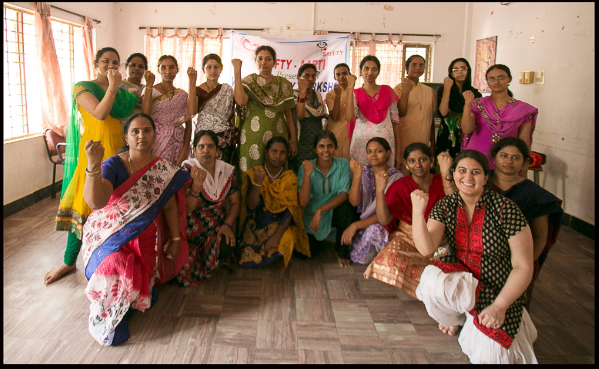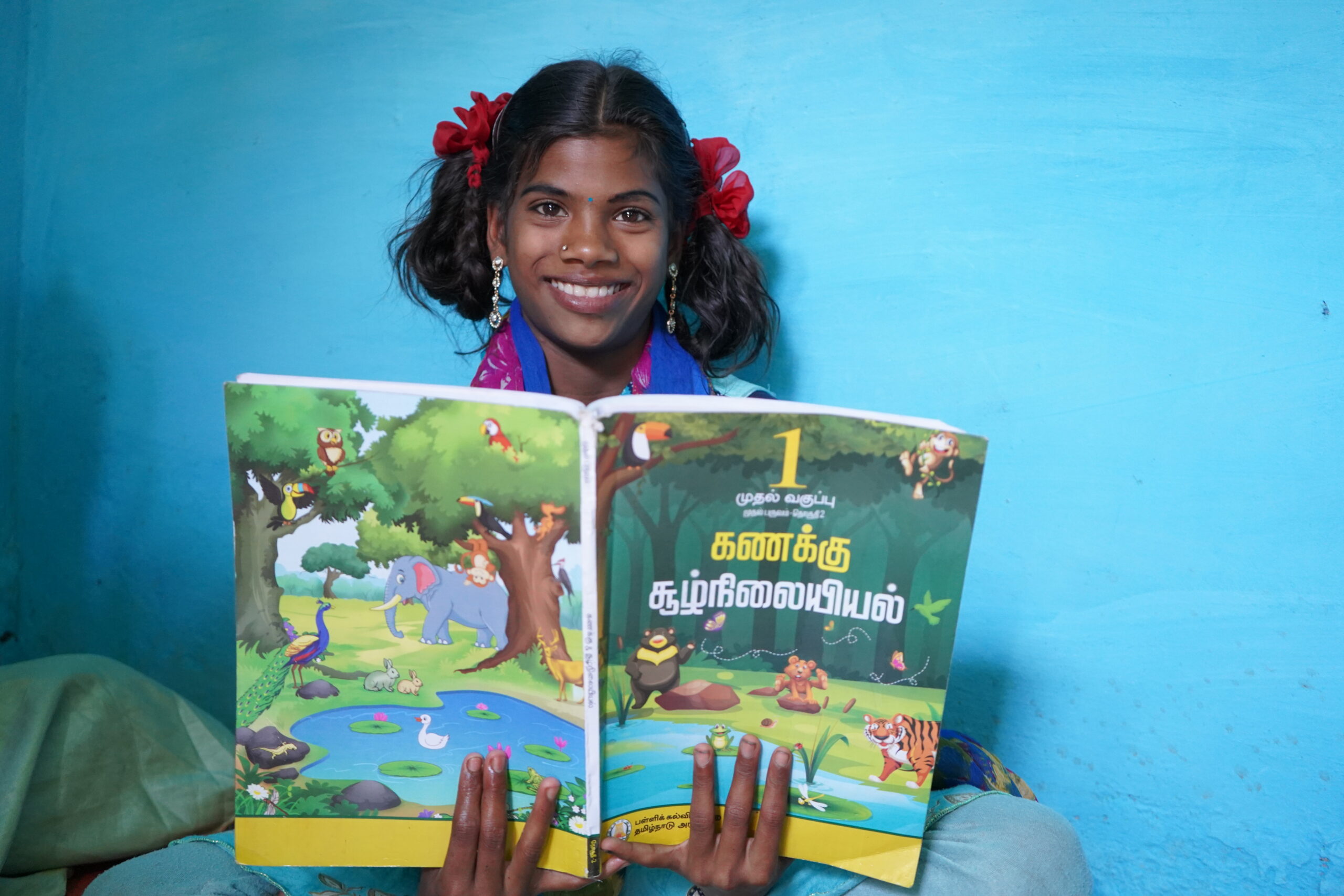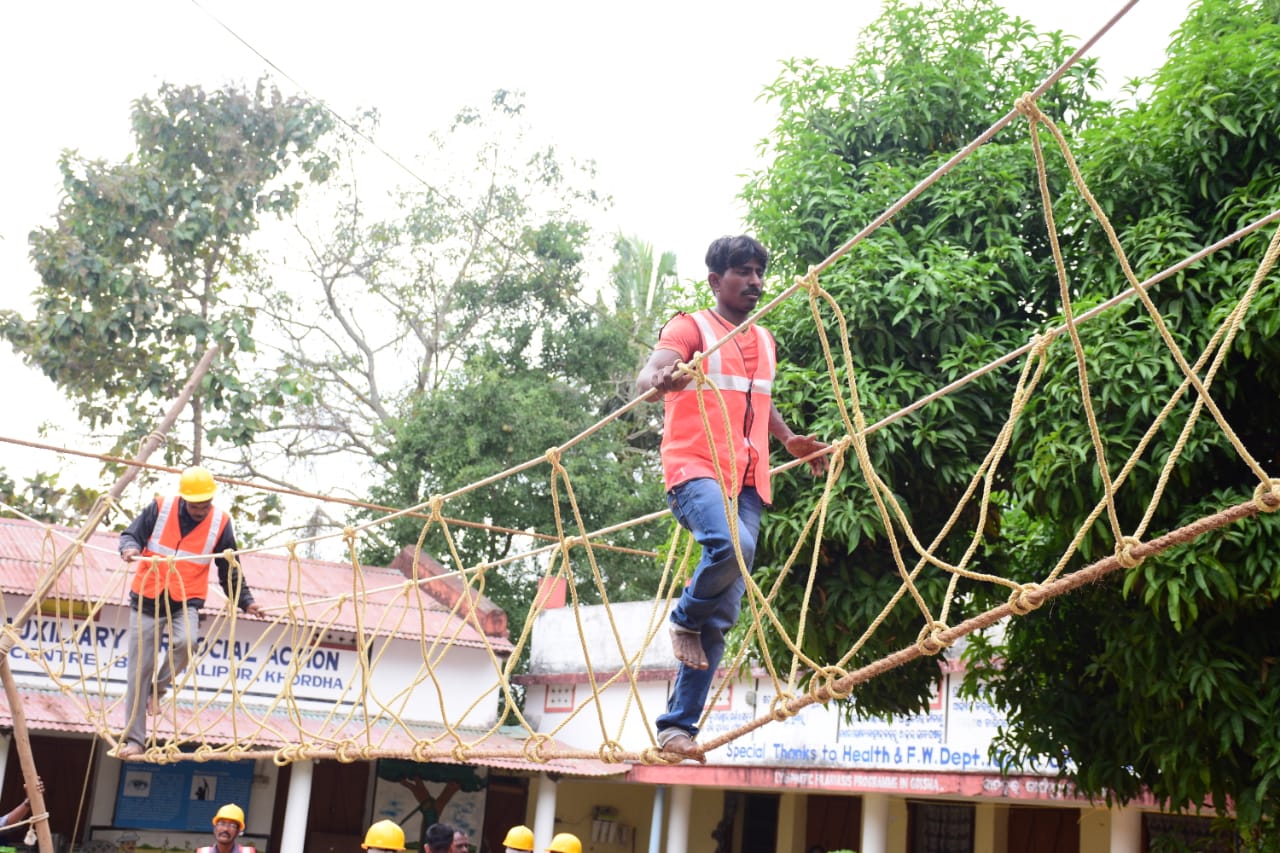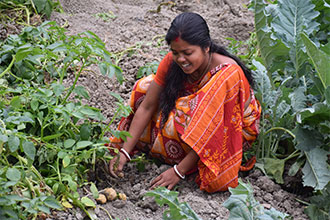CASA BLOGS

The Unequal Struggle- NGO Supporting Women’s Rights
What initially comes to mind when we hear the phrase “women’s rights and empowerment”? When we assist women in gaining access to the same opportunities as men, that is. Women should have access to the same facilities as males, whether it is in the areas of education, health, job, etc. The difficulties faced by millions of women worldwide are being addressed by numerous NGOs supporting women’s rights.
The Unequal Struggle
Even now, women, who make up half of the global population, face discrimination in a variety of contexts. Women make up 24% less of the world’s legislators, according to a report. Just 5% of mayors are female. This is the global situation for women’s political representation.
Not only that but for comparable work, women get paid 24% less than males. In 18 nations around the world, men still have the authority to decide whether or not women can work. The likelihood that one in three women may experience violence over their lifetime is another unsettling statistic.
These details clarify why it is crucial to have a conversation on women’s empowerment. Having said that, it would be counterproductive to make this a problem that just affects women. Men must share equal blame for this culture of inequality, and this is a crucial component. Men’s involvement is essential for empowering women since, as seen by the statistics above, they are in a stronger position socially, politically, and economically.
Why Women’s Empowerment Matter
The recognition of women’s rights and empowerment as a key component of global development that is sustainable. The need for equality has consistently been underlined by the UN Population Fund and NGOs supporting women’s rights. With a number of claims, it centered on equality for women in its Millennium Proclamation from 2000. No person or country should be denied the chance to gain from growth, it said. It is necessary to guarantee that men and women have equal rights and opportunities.
To guarantee that, by the same date, all kids, both boys, and girls, will be able to finish a full year of primary school and that both genders will have equal access to all levels of education.
To encourage development that is genuinely sustainable and to advocate for gender equality and women’s empowerment as powerful tools against sickness, hunger, and poverty.
Empowerment programs for women and NGOs to support women’s day have a long-lasting effect on them, their families, and the country as a whole. According to a statistic, as of 2011, every additional year of basic education improved girls’ future wages by 10–20%, while every additional year of secondary education boosted earnings by 15–25%.
If every female obtained a secondary education, there would also be a reduction of two-thirds in adolescent pregnancies and a reduction in the overall female birth rate. More educated women are significantly more likely to seek out prenatal care and skilled labor and delivery attendants, reducing the mortality of both the mother and the newborn.
Three million lives may be saved if mothers who acquired an education were better prepared to shield their young infants from common ailments like pneumonia and malaria. In a word, women’s empowerment has a much wider impact than we can imagine.
Women in India
Inequality between the sexes is a concern in India just like it is everywhere else. Women suffer as a result of discrimination on many different levels. In India, more girls than boys die at birth despite the fact that globally, women have higher survival rates at birth, are more likely to have a healthy development, and are equally as likely to attend preschool as boys. Girls are also more likely to leave school early than boys.
Due to the societal shame associated with menstruation, women must additionally deal with prejudice. Consequently, in a nation like India, it is vital to focus on women’s empowerment with NGOs supporting women’s rights. Indian society has undergone a transformation over the years. In actuality, some of the early feminist reformers were men.
Raja Ramnohun Roy is one of the shining examples, as he fought tenaciously and successfully to end Sati practice. The significance of women’s empowerment in India has thus been a topic of debate for many years. Equality for all, irrespective of gender or sexual orientation, was made a basic right of all people when India attained independence.
The nation currently has a number of programs that go in this direction. The Indian government has been consistently working to improve the status of women in society, from the “Beti Bachao, Beti Padao” campaign to the Ujjawala Yojana. Several of these plans emphasize the necessity for males to step forward and take part in this shift. This is crucial because it might hasten the entire transformation process to make men’s issues of women’s empowerment.
CASA- Women’s Rights and Empowerment
There are also non-governmental organizations operating in the same field. An outstanding amount of work has been done in India by the NGOs supporting women’s rights and empowerment in the areas of social equality, economic empowerment, and many other areas. CASA’S “GENDER DESK” is one of example.
Since then, the objective has been to engage both men and boys in the effort to create a society where gender roles are equal, empower women through innovative community initiatives, support them in their education and livelihoods, help them develop life skills, give them the confidence to seek medical attention and bring about lasting changes in the neighborhood.
In conclusion, it is clear why it is crucial for the world that women are empowered. The amount of growth we can achieve is constrained if opportunities aren’t available to half the population. If women were given the same opportunities as males, just think of the total good effect.
That would be advantageous to all parties, and today we require a more sustainable development. Making women’s emancipation a male problem is crucial. This is so that society may work together to identify societal ills. This is an urgent need that can only be met by working together.
 Previous Blog Post Top 5 Reasons For Planning Tax Saving By Donation
Previous Blog Post Top 5 Reasons For Planning Tax Saving By Donation The Work As An Education Trust For Poor Students In India
The Work As An Education Trust For Poor Students In IndiaFeatured Post

Empowering Rural Education in India:
14 Mar 2024
Introduction: In the vast tapestry of India, education is the key to unlocking the door to a brighter future. However, the challenge of providing quality education to the rural parts of the country persists. In this blog post, we will delve into the crucial role that Non-Governmental Organizations (NGOs) play in bridging the educational gap […]

Empowering the Future: Disaster Management Training for School Children in Disaster-Prone Areas
22 Feb 2024
Introduction: In the face of increasing natural disasters worldwide, it becomes imperative to equip our younger generation with the knowledge and skills necessary to handle emergency situations. Children, being one of the most vulnerable groups during disasters, can greatly benefit from disaster management training. This blog explores the significance of imparting such training, with a […]

Empowering Women: Transforming Lives Through Sustainable Livelihoods in Rural India
16 Feb 2024
Introduction: In the heart of rural India, a silent revolution is taking place as women embrace newfound opportunities for sustainable livelihoods. This transformation not only uplifts individual lives but also contributes to the overall development of communities. At [Your Organization’s Name], we are committed to driving positive change by providing women in rural India with […]



Leave a Reply
You must be logged in to post a comment.